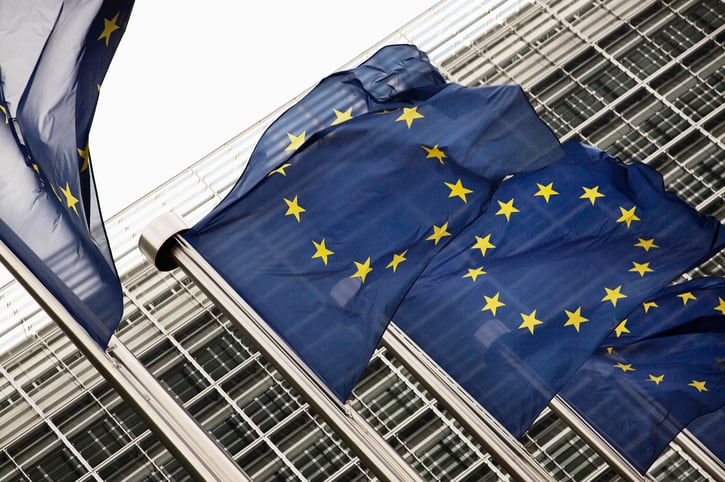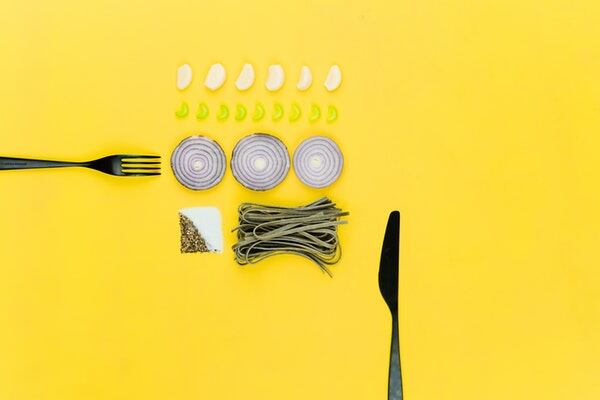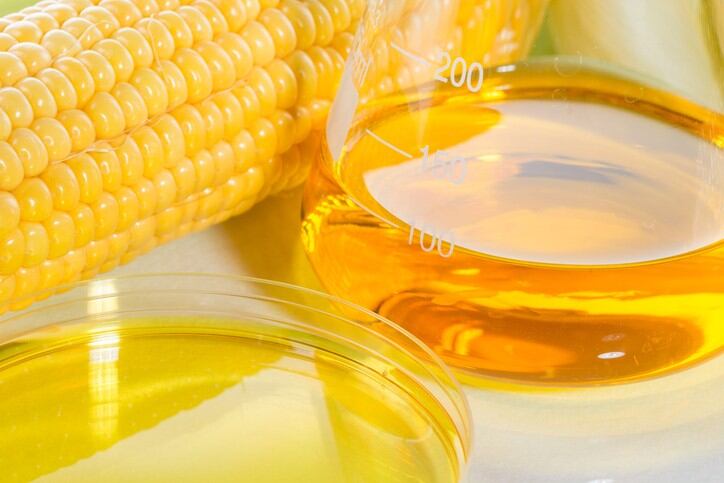New bioeconomy strategy unveiled
Yesterday (11 October), the Commission put forward an action plan to kick-start Europe’s bioeconomy, updating the 2012 bioeconomy strategy.
The strategy includes 14 concrete measures in 2019 to scale up and strengthen bio-based sectors, such as sustainable food and farming systems.
The bioeconomy will focus on initiatives such as turning algae into fuel, recycling plastic, converting waste into new furniture or clothing or transforming industrial by-products into bio-based fertilisers. It will also boost jobs, growth and investment in the EU, the Commission said.
The strategy also proposes setting up ‘living labs’ to develop and test innovations that use ecological approaches and circularity in primary production and food systems.
“In a world of finite biological resources and ecosystems, an innovation effort is needed to feed people, and provide them with clean water and energy,” the Commission said.
Covering large sectors such as agriculture, forestry, fisheries, food, bio-energy and bio-based products, Europe’s bio-economy is one of the EU’s biggest sectors with an annual turnover of around €2 trillion, according to the EU.
The Commission will host a conference on 22 October in Brussels to discuss the action plan with stakeholders and suggest tangible bio-based products. Registration is on a first come, first served basis.
Trans fat ban
After years of pressure coming from public health campaigners and food manufacturers themselves, the Commission finally proposed setting maximum limits of 2% for industrially made trans fatty acids this month.
Commissioner of health and food safety Vytenis Andriukaitis said the proposed regulation showed the Commission was acting on its commitment to deliver on the matter.
“I look forward to constructive input during this feedback mechanism so that the regulation can be adopted as soon as possible for the benefit of our citizens' health,” he added.
If the draft regulation is approved, food operators will have until 1 April 2021 to ensure their products comply.
Stakeholders have four weeks to submit their comments on the regulation. To submit feedback, click here.
EU recognises food tech
The European Institute of Innovation and Technology (EIT) held its INNOVEIT awards in Budapest last week.
Isabel Hoffmann, CEO of UK-headquartered food fraud tech company TellSpec, won first prize in the EIT Woman category for her contribution to fighting fish fraud in the supply chain.
TellSpec’s patent-protected tools combine Near Infrared Spectroscopy (NIR) spectroscopy, bioinformatic techniques and artificial intelligence-based algorithms to analyse foods at the molecular level in real time.
Other food sector nominees included Rethink Resource, and its online platform Circado , which allows manufacturers to buy and sell their industrial co-streams, and Entomics, a UK start-up that transforms organic food waste into feed for insects that are then used to feed livestock for the food industry.
Climate-smart agriculture start-up SeedForward from Germany was also nominated for its product Freya, an organic seed coating product. The soil-friendly coating protects seeds, reduces fertilizer use, improves yields and can replace chemical seed coatings that are set to be banned in the EU.
Diving deep to protect fish stocks
The Commission has proposed Total Allowable Catches (TAC) for a number of species for 2019 and 2020, in an effort to restore deep-sea fish stocks in the North-East Atlantic.
The proposal invites member states to apply a precautionary approach in order to reverse what the Commissioner responsible for the Environment, Maritime Affairs and Fisheries, Karmenu Vella, described as “the worrying situation of declining deep-sea fish stocks".
“It is in our shared interest to ensure that we have healthy fish stocks in deep-sea waters, for the sake of our fishermen and coastal communities, their livelihoods and for our marine ecosystems,” Vella said. “Evidence also shows that sustainable fish stocks go hand in hand with a thriving industry."
The Commission said it based its proposal on the precationary scientific advice from the International Council for the Exploration of the Seas (ICES).
Although deep-sea fisheries account for less than 1% of all fish caught in the North-East Atlantic, deep-sea species are highly vulnerable and take a long time to mature, putting them at high risk of over-fishing.
Species include red seabream, black scabbardfish, roundnose grenadier and deep-sea sharks (Deania hystricosa and Deania profundorum).
Force-fed meat
Force-feeding ducks and geese for French speciality foie gras is a controversial practice that is currently illegal in most EU countries, with only five member states allowing it.
Irish politician Lynn Boylan would like to see compulsory labelling for all duck and goose meat in the EU so that consumers know whether the meat they buy is from a force-fed animal.
But it’s not always easy getting a clear-cut answer from the European Commission, as Boylan had the pleasure of finding out twice.
Back in May she asked agriculture commissioner Phil Hogan whether the EU planned to bring in compulsory labelling.
Hogan replied that the Commission was in the process of undertaking an external evaluation of European Union marketing standards that included foie gras.
But it wasn’t clear if this included the specific issue of labelling, prompting Boylan to ask again.
Hogan replied last week: “The procurement procedure for the award of a contract to carry out the evaluation of marketing standards is still ongoing. Accordingly, the independent contractor will examine the relevance of currently applicable marketing standards on foie gras with respect to achieving the objectives stated in Commission Regulation (EC) No 543/2008 on marketing standards for poultry meat.
“Unintended side-effects of marketing standards on foie gras should also be considered.
“The contractor is expected to gather and analyse legal information and quantitative and qualitative data on different aspects of marketing standards, including those on foie gras, and must provide founded judgments based on analysis and put forward reasoned conclusions and recommendations, which will offer the basis for the Commission, as appropriate, to make proposals for reviewing specific aspects of the marketing standards.
"Each evaluation is strictly monitored by a Commission inter-service steering group that ensures, among others, that all relevant aspects of the evaluation topics covered in the tender specifications are adequately addressed by the independent contractor."
Is that clear enough, Ms Boylan?




